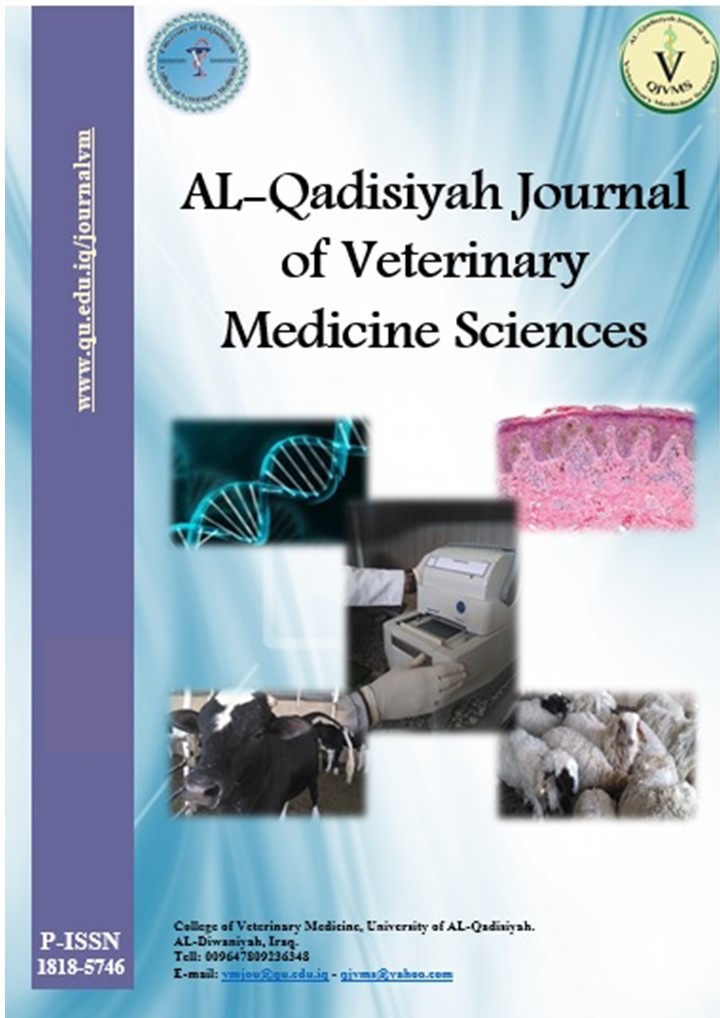Abstract
Zoonotic protozoan parasites are a diversified group of microscopic eukaryotic organisms that can infect humans and a wide variety of hosts. These fascinating creatures can leap across the species barrier to cause human diseases of global medical and veterinary importance. The study of parasite ecology is essential to understand the mechanisms behind their extraordinary success of crossing species barriers and how they infect and reside within hosts and cause diseases, thus contributing to disease prevention and control infrastructure. Toxoplasma gondii One of the most successful and widespread protozoan parasites is Toxoplasma gondii, which infects virtually all warm-blooded animals including humans. Infection can occur by ingesting infectious forms of these parasites contained in food or water or by exposure to contaminated cat feces. Cryptosporidium Waterborne protozoan parasite causing severe gastrointestinal disease in humans and animals. Giardia Flagellated protozoan parasite, transmitted via the fecal-oral route, by drinking contaminated water or ingesting contaminated food. Entamoeba histolytica Protozoan parasite causing human amebic dysentery and amebic liver abscess.
Keywords
Parasites
protozoa
zoonosis
